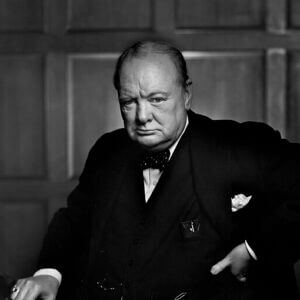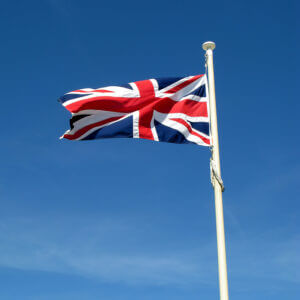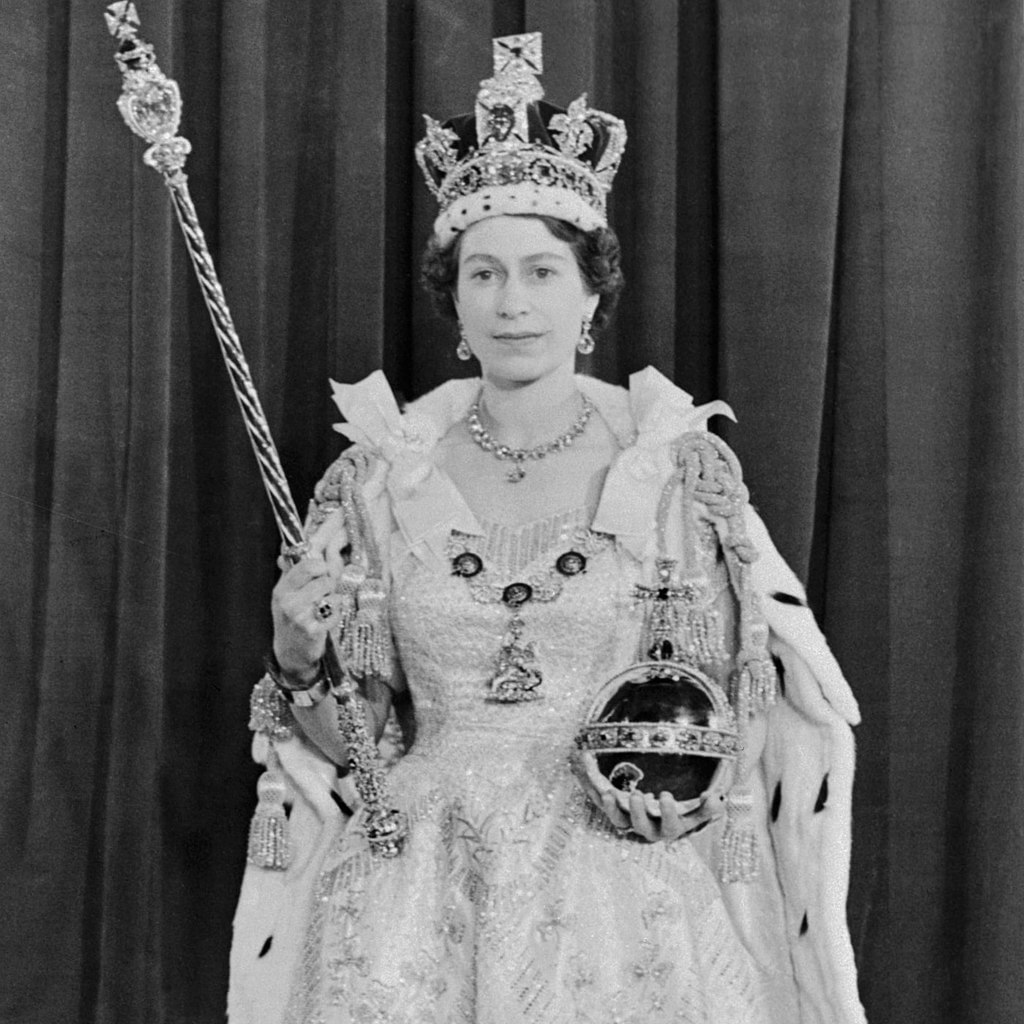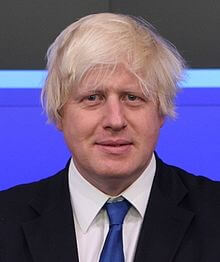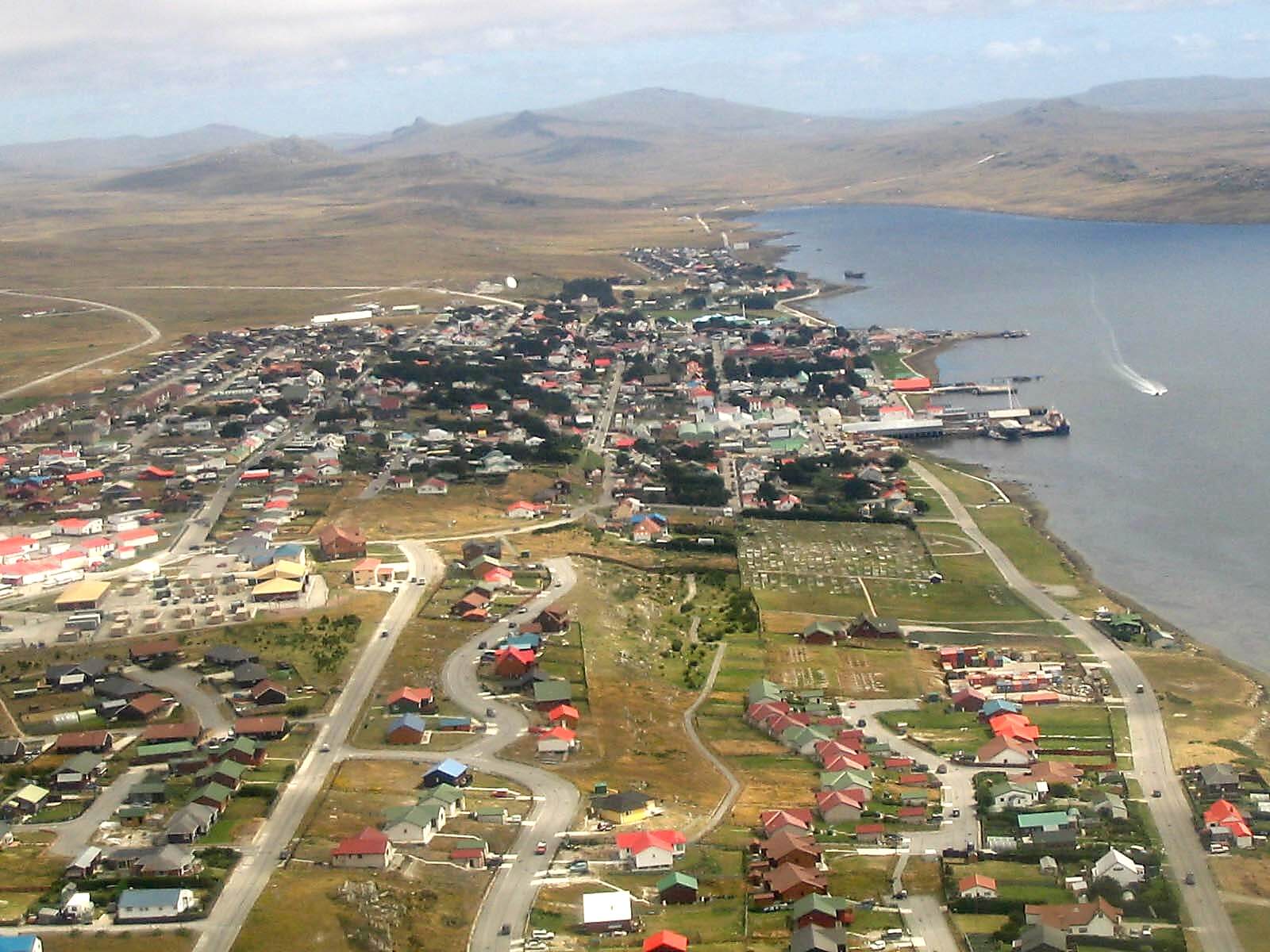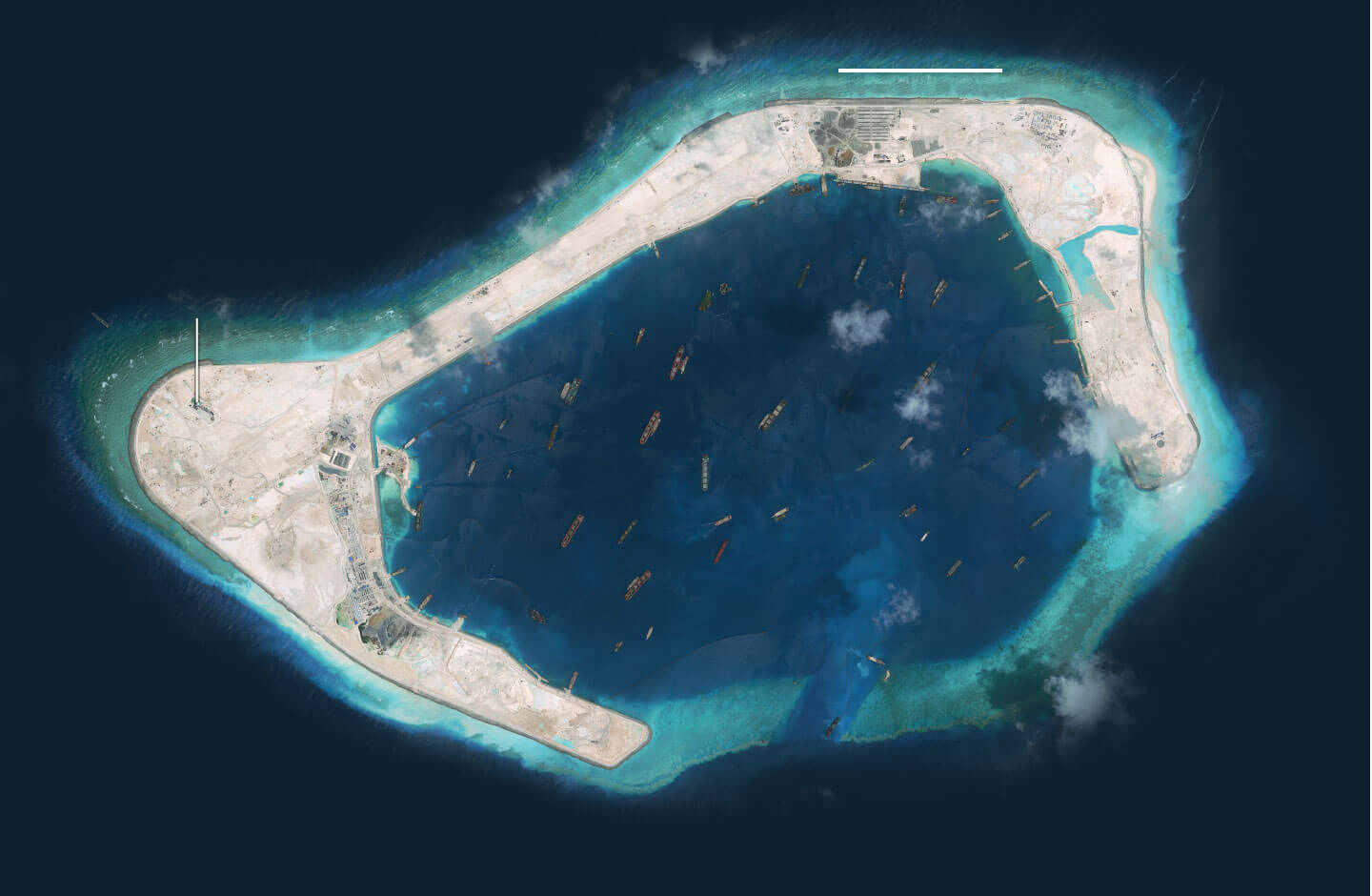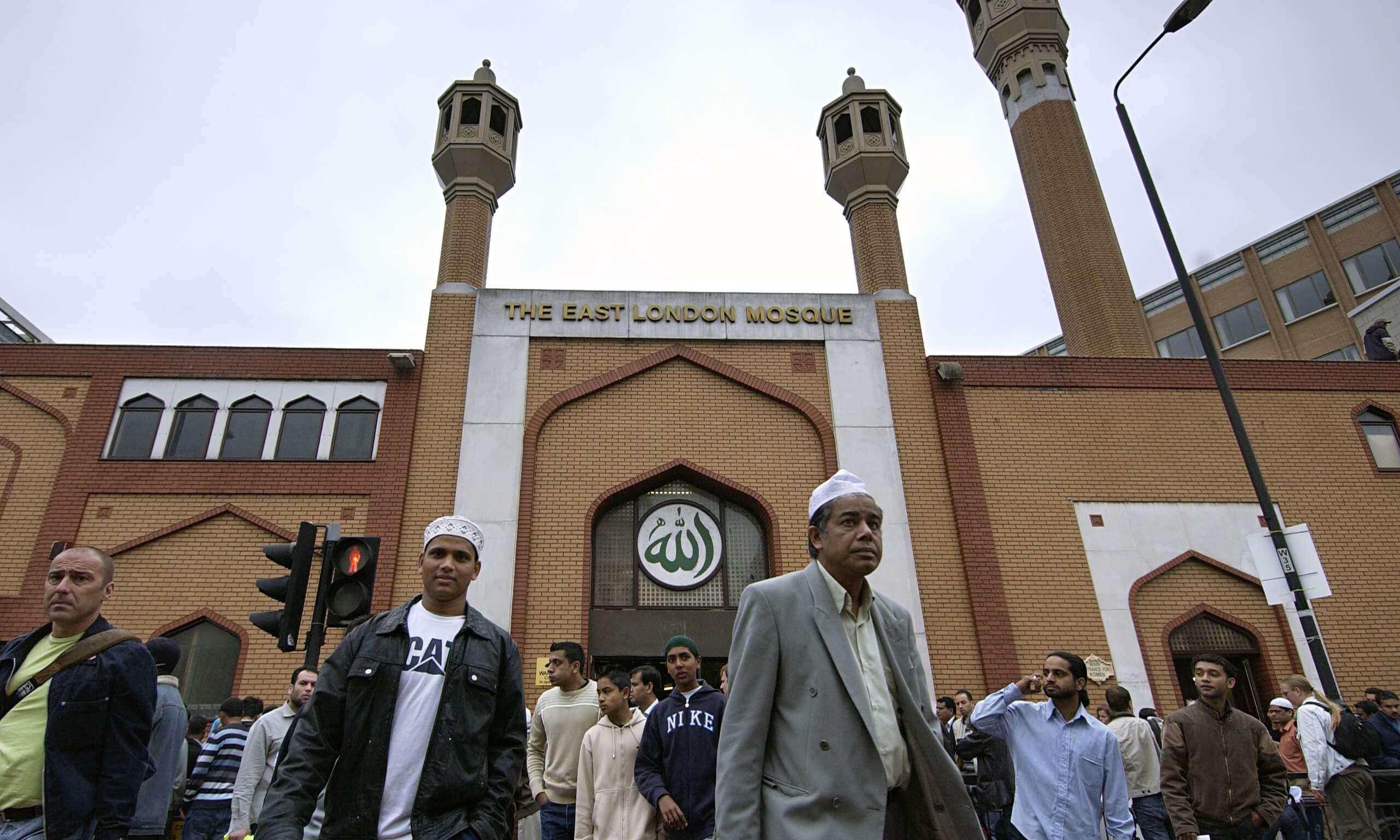Europe is naked and afraid.
That was the message at a recent meeting of the U.K. Section of the Association of European Journalists (AEJ), at which I was an invited speaker.
It preceded a stark warning just over a week later from NATO Secretary General Mark Rutte, also speaking in London, who said the danger from Vladimir Putin’s Russia won’t recede even if there is peace in Ukraine.
Rutte said defense spending must increase across Europe and recommended that it should reach 5 percent of GDP. Singling out Britain, he said if the Brits don’t do so, they should learn to speak Russian. He said Russia could overwhelm NATO by 2030.
The British journalists’ session reflected fear of Russia and astonishment at the United States. There was fear that Russia would invade the weaker states and that NATO had been neutered. Fear that the world’s most effective defense alliance, NATO, is no longer operational.
There was astonishment that America had abandoned its longstanding policies of support for Europe and preparedness to keep Russia in check. And there was disillusionment that President Trump would turn away from Ukraine in its war against Russian aggression.
The tone in Europe toward the United States isn’t one simply of anger or sorrow, but anger tinged with sorrow. Europeans see themselves as vulnerable in a way that hasn’t been true since the end of World War II.
They also are shattered by the change in America under Trump; his hostility to Europe, his tariffs and his preparedness to side with Russia. “How can this happen to America?” the British AEJ members asked me.
In many conversations, I found disbelief that America could do this to Europe, and that Trump should lean so far toward Putin. In Europe, where Putin has been an existential threat and where he invaded Ukraine, there is general amazement that Trump seems to crave the approbation of the Russian president.
Speaking to the journalist’s meeting via video from Romania, Edward Lucas, a former senior editor of The Economist, and now a columnist for The Times of London and a senior fellow at the Center for European Policy, said, “Donald Trump has turned the transatlantic relationship on its head. He wants to be friends with Vladimir Putin. We are in a bad mess.”
He said he saw no realistic possibility of a ceasefire in Ukraine in the near future, and he said Trump had made it clear that he was prepared to walk away from trying to bring peace “if it proved too hard.”
Lucas suggested that if European nations continue to back Ukraine after a Russian-dictated peace offer endorsed by America, Trump will punish them. He might do this by withdrawing U.S. assets from Europe, pulling back large numbers of troops from the 80,000 stationed there, and refusing to replace the American supreme commander of Europe.
“Then we will see how defenseless Europe is,” he said.
In Washington, it seems there is little understanding of the true weakness of Europe. No understanding that money alone won’t buy security for Europe.
Europe doesn’t have stand-off capacity, heavy airlift capacity, ultra-sophisticated electronic intelligence or anything approaching a defense infrastructure.
Trump has equated defense simply with money. But in Europe (although 27 of its nations are part of the European Union), there is no cohesive structure in place that could replace the role played by the United States.
Within the EU there are disagreements and there is the spoiler in the case of Hungary. Its pro-Russia ruler, Victor Orban, would like to try to block any concerted European action against Russia. The new right-wing Polish president’s hopes for good relations with Orban are a worry for most EU members.
I have long believed that there are three mutually exclusive views of Europe in the United States.
The first, favored by Trump and his MAGA allies, is that Europe is ripping off America in defense and through non-tariff trade barriers and is awash in expensive socialist systems embracing health, transportation and state nannying.
The second, favored by vacationers, is that Europe is a sort of Disney World for adults, as portrayed on PBS by Rick Steves’ travelogues: Watch the quaint people making wine or drinking beer.
The third is that Europe has been encouraged by successive administrations to accept the U.S. defense umbrella, as that favored America and its concerns, first about Soviet expansion and more recently about expansion under Putin.
Now Europe is alone in defense terms, naked and very afraid — afraid of Trump’s pivot to Putin.

